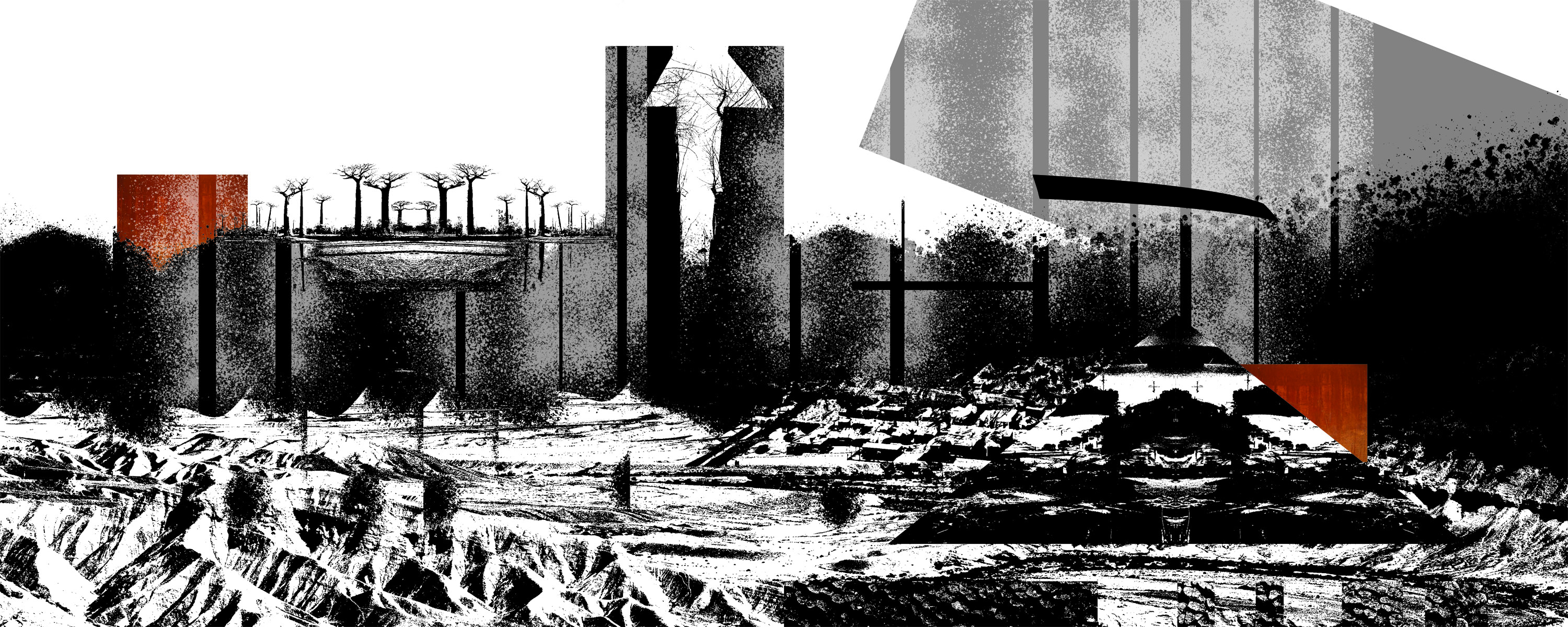Debate over the use of terminology to describe groups and incidents as “terrorists” or “genocidal” is a critical aspect of modern political discourse.
More often than not, there are important stakes underlying these debates — namely, the political advantages afforded to those who can successfully win the moral high ground over their opponents.
Such debates are important because they very quickly and vividly reveal a person’s ideological commitments — allowing for actual politics to take place — that deal with questions of power, who has it, how it operates and how and for whom the economy works.
This allows for people to rapidly go beyond surface-level conversations that are little more than poking and prodding to figure out the other party’s actual positions.
Questions such as whether the Irish Republican Army should be considered a terrorist group, or whether Canada committed genocide against Indigenous peoples do not have objective answers — the answers depend on the core beliefs of whomever is putting them forward. That is, where people stand on issues like settler colonialism, imperialism and capitalism.
To be clear, I am talking about the act of labelling incidents as genocides or terrorism — not whether the tragedies in question occurred, which is typical of Holocaust denial. The question of whether they happened at all absolutely cannot be tolerated, but how they occurred, in many cases, is still up for debate.
Recently, there were a series of protests and calls for the termination of assistant lecturer Dougal MacDonald from his post at the University of Alberta.
Ultimately, the lecturer received no disciplinary measures, and the university maintained that while it did not endorse his views, it is protected speech.
The calls for termination that came from members of the Ukrainian Canadian Students’ Union were sparked by a Nov. 19 post on MacDonald’s private Facebook page in which he claims the Holodomor — the term used when referring to the Ukrainian famine of 1932-33 as a genocide — is a myth pushed by fascists and their sympathizers from the 1930s through to present day to discredit the Soviet Union and, by extension, socialism.
In Canada, debate around genocide has been seen recently with debates around the use of the term “genocide” to describe the treatment of Indigenous peoples under the settler-colonial regime imposed by first the British and then Canadian governments.
In the international arena, this has recently happened with the high-profile back-and-forth between U.S. President Donald Trump and Turkey’s President Recep Tayyip Erdoğan that saw each threatening to officially recognize the other country’s respective genocides.
Considering what is at stake in all of these discourses — legitimacy — it becomes clear that to shut them down is an attempt to remove any serious politics from political discourse. The end result is that the ruling class, as well as its ideological state apparatuses, has final say over the legitimacy of countries, organizations and ideologies.
The ideas and institutions of the ruling class become the only ones afforded any legitimacy in public discourse — politics becomes limited to the realm of surface-level squabbles and talking points compatible with the status quo.
Already, radical politics are automatically discounted as illegitimate on these grounds.
When political discourse becomes even more restricted and legitimacy is dictated rather than won, the only people who benefit are those already in power.
At a time of an impending ecological disaster, increasing hostility between great powers and the rising threat of fascism domestically, this is something we cannot afford.


